Diesel engines are renowned for their durability, power, and efficiency, making them a popular choice for many drivers, whether it’s in heavy-duty trucks, SUVs, or performance vehicles. However, like any engine, diesel engines require proper maintenance and servicing to ensure they perform at their best and avoid costly repairs down the road. At Global Autoworks in Grand Haven, MI, we specialize in comprehensive diesel engine services, helping you maintain and maximize the performance of your vehicle.
Whether you’re experiencing performance issues or simply need routine maintenance, Global Autoworks has the expertise and advanced diagnostic tools to keep your diesel engine running smoothly. Our ASE-certified technicians have years of experience working with all types of diesel engines, from light-duty vehicles to heavy-duty trucks. We understand the unique requirements of diesel engines and offer a full range of services tailored to meet your needs.
Why Diesel Engines Require Specialized Care
Diesel engines operate differently than gasoline engines. They rely on compression to ignite the fuel, which means they run at higher pressures and temperatures. This makes diesel engines incredibly efficient, but it also means they face unique challenges when it comes to wear and tear. Diesel engines often require specialized care, including:
- Higher-Quality Oil and Lubricants
Diesel engines produce more heat and stress on internal components, requiring higher-quality oils that can withstand the added pressure. - Fuel System Maintenance
Diesel fuel systems are more complex, and diesel injectors are particularly susceptible to carbon buildup, which can lead to poor performance and lower fuel efficiency. - Turbocharger Care
Many diesel engines come with turbochargers, which require special attention to ensure they function properly and provide the expected power boost. - Emissions Systems
Diesel engines often use additional systems, such as diesel particulate filters (DPF) and selective catalytic reduction (SCR), to reduce emissions. These systems require regular maintenance to ensure compliance with environmental regulations.
Because of these unique characteristics, diesel engine maintenance goes beyond a standard oil change or tune-up. Global Autoworks offers the specialized expertise your diesel engine needs to stay in top condition.
Comprehensive Diesel Engine Services
At Global Autoworks, we offer a complete range of diesel engine services designed to keep your vehicle running at peak performance. Whether you’re in need of routine maintenance or more extensive repairs, we have the knowledge and experience to get the job done right.
- Diesel Engine Diagnostics
- Our state-of-the-art diagnostic equipment allows us to quickly and accurately identify any issues with your diesel engine. From fuel system problems to turbocharger malfunctions, we have the tools and expertise to diagnose and resolve any issue. Diesel engines are complex, and accurate diagnostics are crucial to pinpoint the root cause of any problem.
- Diesel Oil Change
- Regular oil changes are one of the most important aspects of maintaining a diesel engine. Diesel engines run hotter than gasoline engines, and they require high-quality oil to protect critical components from wear and tear. At Global Autoworks, we use only top-tier synthetic oils and filters designed specifically for diesel engines, ensuring optimal performance and longevity.
- Fuel System Service
- The diesel fuel system requires regular maintenance to prevent clogging and buildup that can impair performance. Diesel fuel injectors are particularly prone to carbon buildup, which can cause rough idling, poor acceleration, and reduced fuel efficiency. Our fuel system service includes cleaning and inspecting injectors, fuel lines, and the fuel pump to ensure smooth operation.
- Turbocharger Service
- Many diesel engines are equipped with turbochargers, which help boost power and efficiency. However, turbochargers are subject to extreme heat and pressure, and over time, they can wear down. We inspect, clean, and service turbochargers to ensure they are providing the power boost your diesel engine needs without causing damage.
- Exhaust and Emissions System Maintenance
- Diesel engines are equipped with advanced emissions systems, including diesel particulate filters (DPF) and selective catalytic reduction (SCR) systems. These systems help reduce harmful emissions but require regular maintenance to function correctly. We offer complete DPF cleaning, regeneration services, and SCR system maintenance to keep your diesel engine running cleanly and efficiently.
- Cooling System Service
- Diesel engines generate a lot of heat, making a properly functioning cooling system critical. We inspect the radiator, coolant levels, hoses, and water pumps to ensure your engine stays cool, even under heavy loads. Proper cooling system maintenance helps prevent overheating and reduces wear on internal components.
- Transmission and Drivetrain Service
- Diesel vehicles often have heavy-duty transmissions and drivetrains that require specialized care. Whether you’re towing heavy loads or simply driving long distances, we offer transmission fluid changes, differential service, and more to keep your drivetrain in top condition.
- Performance Tuning and Upgrades
- If you’re looking to boost the performance of your diesel engine, we offer a range of tuning services and upgrades. From improving fuel efficiency to enhancing horsepower and torque, our technicians can fine-tune your engine to meet your specific driving needs.
Signs Your Diesel Engine Needs Service
Diesel engines are built to be tough, but that doesn’t mean they’re immune to issues. If you notice any of the following signs, it may be time to bring your vehicle to Global Autoworks for a check-up:
- Excessive Smoke from the Exhaust
While diesel engines naturally produce more smoke than gasoline engines, excessive smoke—especially black or blue smoke—could indicate a problem with your fuel injectors, turbocharger, or emissions system. - Decreased Fuel Efficiency
If you notice that your fuel economy has dropped significantly, it could be due to clogged fuel injectors or a problem with your fuel system. - Unusual Noises
Knocking, rattling, or whining noises could point to an issue with your engine, turbocharger, or exhaust system. - Check Engine Light
If your check engine light comes on, it’s important to have it diagnosed as soon as possible. Diesel engines are equipped with advanced sensors that can detect a wide range of issues, from emissions problems to fuel system malfunctions. - Slow Acceleration or Loss of Power
If your diesel vehicle is struggling to accelerate or feels underpowered, it may be a sign of a problem with your turbocharger or fuel system.
Why Choose Global Autoworks for Diesel Engine Service?
At Global Autoworks, we are committed to providing the highest quality diesel engine service in Grand Haven, MI. Here’s why our customers trust us with their diesel vehicles:
- Experienced Technicians
Our ASE-certified technicians have extensive experience working with all types of diesel engines, from light-duty trucks to commercial vehicles. - Advanced Equipment
We use the latest diagnostic tools and equipment to ensure accurate, efficient service for your diesel engine. - High-Quality Parts
We only use premium-quality parts and fluids that meet or exceed OEM standards to ensure your diesel engine performs at its best. - Transparent Pricing
We believe in honest, upfront pricing with no hidden fees. You’ll always know what to expect before we begin any work on your vehicle. - Customer Satisfaction
We’re dedicated to providing exceptional customer service and ensuring that every job is done right the first time.
 Serving Grand Haven and Surrounding Areas
Serving Grand Haven and Surrounding Areas
Global Autoworks is proud to serve diesel vehicle owners throughout Grand Haven, MI, and the surrounding areas. Whether you drive a light-duty diesel truck or a high-performance diesel SUV, we have the expertise to keep your vehicle running smoothly and efficiently. Our full-service facility is equipped to handle all of your diesel engine needs, from routine maintenance to major repairs.
Schedule Your Diesel Engine Service Today
Your diesel engine deserves the best care, and at Global Autoworks, we’re here to provide it. Don’t wait until a small issue turns into a costly repair. Contact us today to schedule your diesel engine service, and experience the difference that expert care and attention can make for your vehicle.


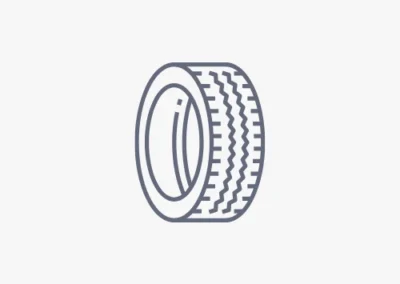



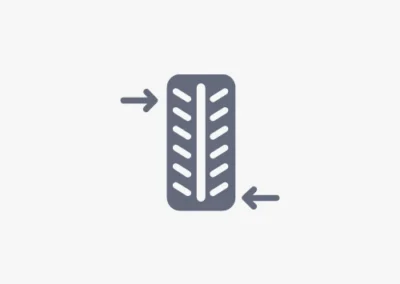


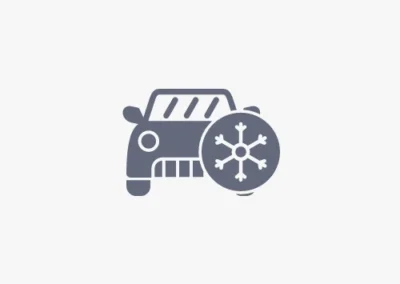
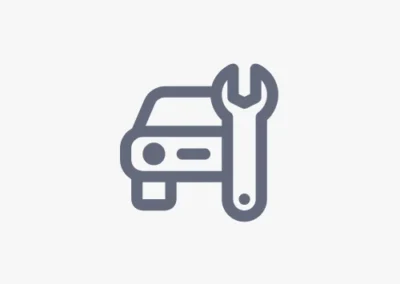

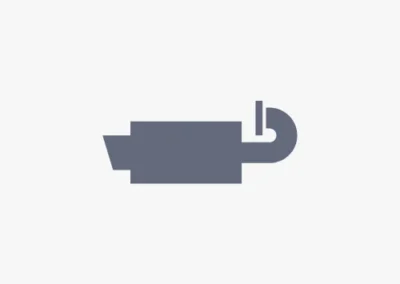

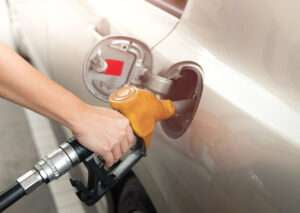 Serving Grand Haven and Surrounding Areas
Serving Grand Haven and Surrounding Areas